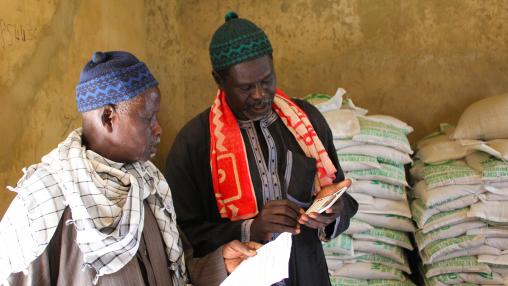
Why developing countries should stop discriminating against agriculture
The following post by former International Food Policy Research Institute (IFPRI) senior researcher Alberto Valdés is part of an ongoing series of blog stories celebrating IFPRI’s 40th anniversary .
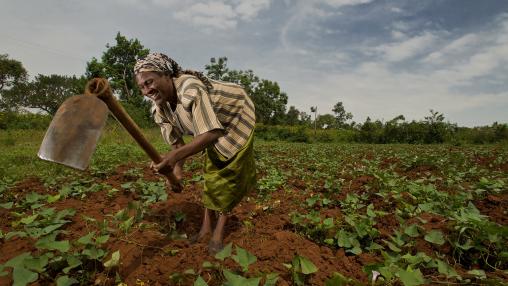
Leveraging Agriculture for Improving Health
By: Kelly Jones and Alan de Brauw, IFPRI
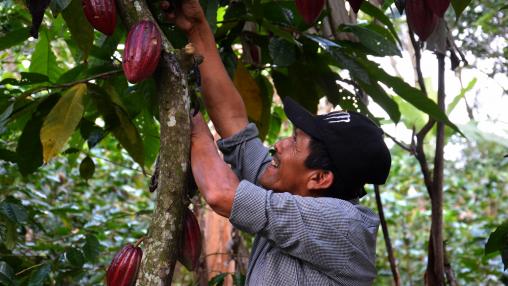
IFPRI Launches Regional Food Security Portal for Central America and the Caribbean
This week IFPRI launched a new Spanish-language web portal that focuses on food and nutrition security in Central America, the Food Security Portal for Central America and the Caribbean (CAC-FSP). The objective of the portal is to provide a set of indicators on food and nutrition security and early warning mechanisms as well as opportunities for dialogue among policymakers, researchers, the private sector and others seeking to increase the resilience of the world’s poor to possible food-related crises, including price and climate shocks.
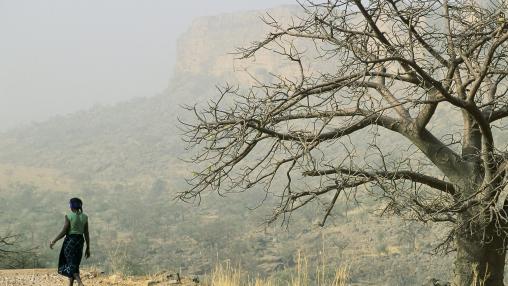
How Will Climate Change Transform Agriculture?
By combining climate and yield projections with the IIASA Global Biosphere Management Model, researchers say they have identified the likely needed adaptations and transformations for global agricultural systems.
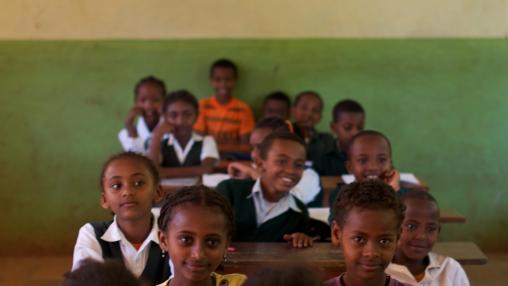
The Future in Mind: Aspirations and Forward-Looking Behaviour in Rural Ethiopia
A person’s aspirations, or goals and targets for their future, can be a driving force in their life, providing motivation and guiding their choices. But when forming aspirations, all people dismiss some options for their future lives, and fail to even imagine other options or opportunities. Once formed, our aspirations can limit the possible futures we consider by focusing our attention on some future options and filtering out others.
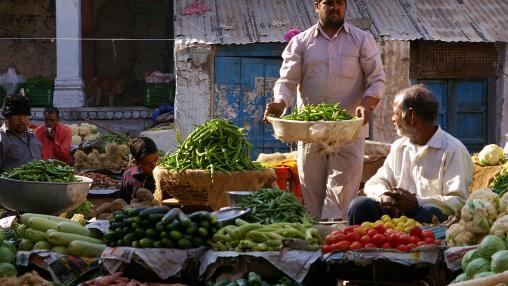
New Online Resource Highlights Tools for Value Chain Analysis
Ensuring that small-scale farmers and producers enjoy a bigger piece of the financial pie is the aim of a new web resource on agricultural development.
The Value Chains Knowledge Clearinghouse , led by the CGIAR Research Program on Policies, Institutions, and Markets , is based on the concept of Value Chains Development (VCD). The approach seeks to build new or strengthen existing commercial ties between two or more actors, such as businesses and consumers. Several NGOs, donors, and governments have adopted VCD as a key element of their rural poverty reduction strategies.
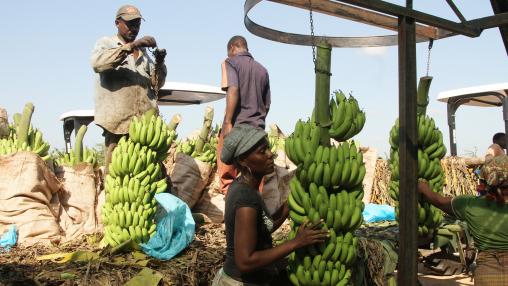
Dollars and Sense
At the L’Aquila G-8 summit in 2009, governments and organizations committed more than $20 billion to agriculture and rural development as a means of promoting food and nutrition security.
Within the overarching frameworks of the L’Aquila Food Security Initiative (AFSI), the Paris Declaration on Aid Effectiveness, and the Accra Agenda for Action, Ghana also committed to improving aid accountability and development effectiveness via “demand-driven development cooperation” and a “donor-coordinated approach.”

Can the US Farm Bill and EU Common Agricultural Policy Address 21st Century Global Food Security?
With the recent passage of both the Common Agricultural Policy (CAP) in the European Union and the Farm Bill in the United States, the EU and US are headed down “divergent paths” in the way their agricultural policies support their own farmers. Nevertheless, both policies feature large public expenditures towards farm subsidies. What type of impact will these policies have on international food security and production and public costs in the US and EU and how will they address the major global food security challenges of the 21st century?
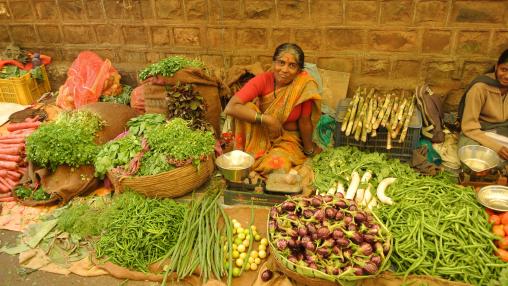
Is Volatility Contagious? Price Volatility Transmission in Agricultural Commodity Markets
Food price volatility can present problems for an array of stakeholders, including countries managing their export portfolios, commodity traders, and especially farmers, as unpredictable prices may result in variable income and food insecurity.
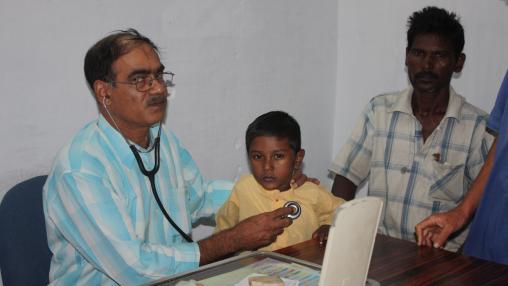
Standards of Care: Improving Trust in Healthcare Services in India
Quality healthcare plays a crucial role in improving the lives of the poor. In many developing countries, however, high-quality healthcare can be hard to come by.
This is particularly true in India, where public sector medical care is often plagued with high rates of absenteeism and where private sector care is costly and of low quality. As a result, the country’s poor populations tend to have a low opinion of medical professionals, leading them to consult unqualified practitioners, or even no one at all, when they are sick.